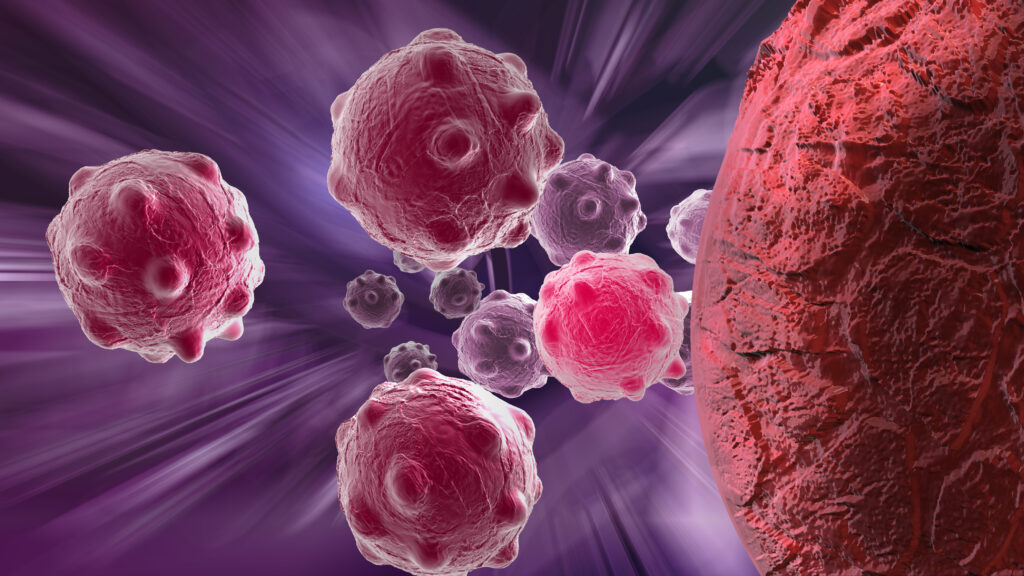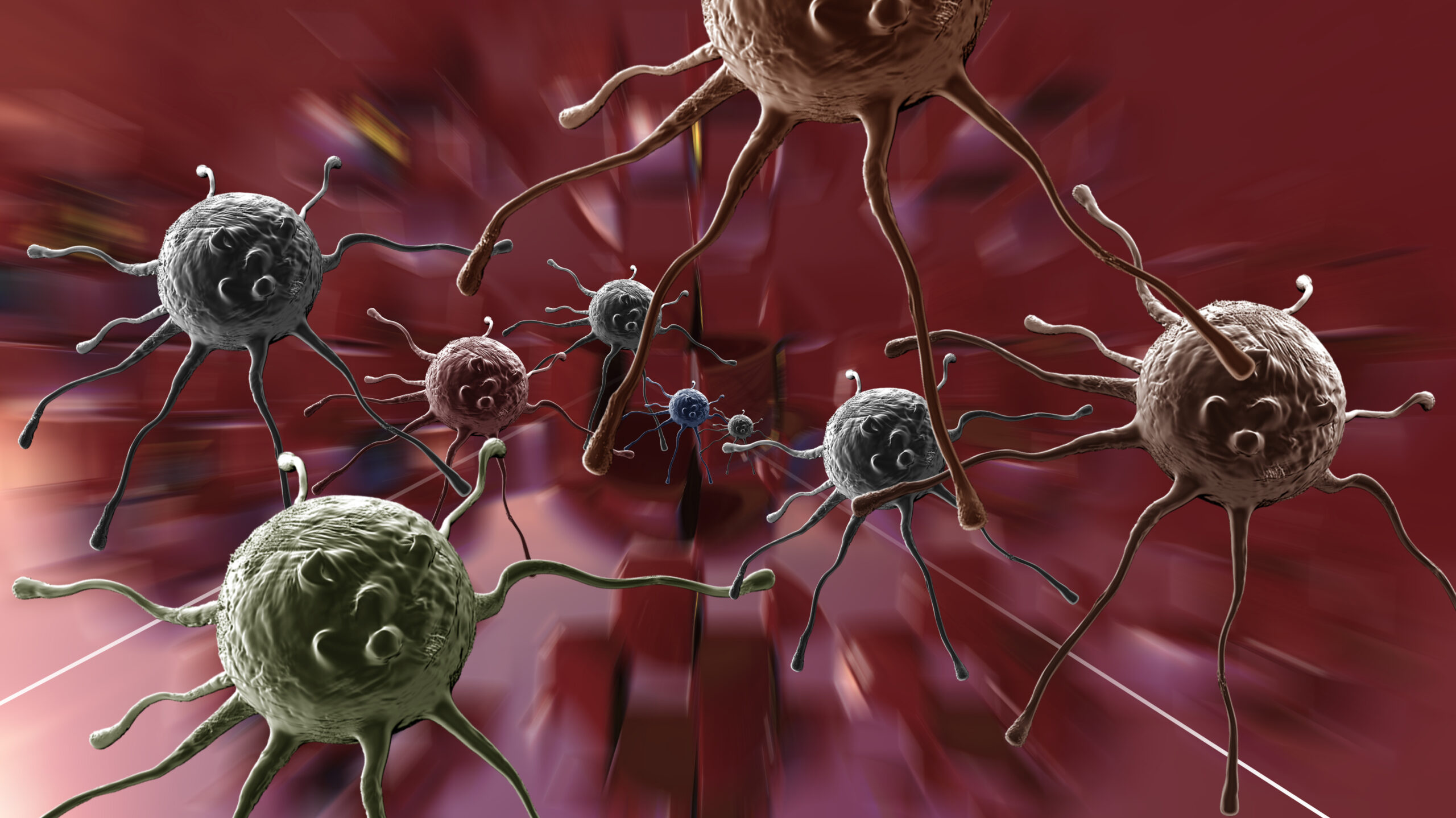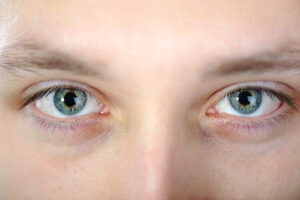Introduction to Cancer and its Prevalence
Cancer is a word that evokes fear and concern. With nearly 1 in 2 people diagnosed at some point in their lives, it’s no surprise that many myths have emerged around this complex disease. Despite advancements in medical research and awareness campaigns, misconceptions continue to thrive. These misunderstandings can lead to unnecessary panic or misguided beliefs about prevention and treatment.
What if we told you that some of the most commonly held beliefs about cancer are actually false? In this article, we’ll delve into 15 shocking myths about cancer that still grip the public’s imagination today. From misconceptions surrounding age and lifestyle choices to outdated ideas about causation, prepare to be surprised as we debunk these pervasive myths one by one!

Myth #1: Cancer is always a Death Sentence
Cancer is often perceived as a death sentence, striking fear into many hearts. This myth can overshadow the reality of modern medicine and treatment options.
Advancements in research have transformed cancer care dramatically over the years. Many types of cancer are now highly treatable. Early detection plays a crucial role in improving survival rates.
Statistics reveal that millions of people live with or beyond cancer today. Survivorship is more common than ever, thanks to innovative therapies like immunotherapy and targeted treatments.
It’s vital to recognize that each diagnosis is unique. Factors such as type, stage, and individual health influence outcomes significantly.
Living with cancer doesn’t automatically equate to facing imminent death. Understanding this truth can empower patients and their loved ones during difficult times.
Myth #2: Only Old People Get Cancer
Many people believe that cancer only affects the elderly. This misconception can be quite damaging.
In reality, cancer can strike at any age. Young adults and even children are diagnosed with various forms of the disease each year. According to recent statistics, around 5% of all cancers occur in individuals under 20 years old.
Certain types, like leukemia or brain tumors, often target younger populations. The idea that youth offers immunity is simply false.
Relying on this myth might lead to neglecting symptoms in younger patients. Early detection is vital for successful treatment at any age.
Education about cancer’s broader reach helps dispel fear and stigma surrounding it. Understanding that anyone can face a diagnosis fosters awareness and promotes proactive health measures across all ages.
Myth #3: Cancer is Contagious
The idea that cancer is contagious often leads to unnecessary fear. Many believe they can “catch” it from someone else, but this simply isn’t true. Cancer develops due to a combination of genetic mutations and environmental factors unique to each individual.
Unlike infectious diseases caused by bacteria or viruses, cancer cells are not transmitted between people. You won’t contract cancer through casual contact, sharing food, or being in close proximity to someone who has the disease.
This myth may stem from observations of familial patterns in certain types of cancers, leading some people to confuse hereditary risk with contagion. Understanding how cancer works at a biological level helps dispel this misconception and promotes a more supportive environment for those affected by the illness.
Educating ourselves about these myths is vital for fostering compassion rather than stigma around those battling cancer.
Myth #4: All Tumors are Cancerous
Many people believe that all tumors are cancerous, but that’s a misconception. Tumors can be classified into two main categories: benign and malignant.
Benign tumors are non-cancerous growths. They don’t invade nearby tissues or spread to other parts of the body. In fact, many benign tumors can be safely monitored or removed without extensive treatment.
Malignant tumors, on the other hand, are cancerous and pose serious health risks. They have the potential to grow aggressively and metastasize.
Understanding this distinction is crucial for managing health concerns effectively. Not every lump or bump indicates something sinister. Regular check-ups and discussions with healthcare providers help clarify any fears associated with tumor growths.
Awareness about tumor types allows individuals to approach their health more confidently and accurately.
Myth #5: Only Women Get Breast Cancer
Breast cancer is often perceived as a women-only disease, but this belief is misleading. Men can develop breast cancer too, although it’s less common. In fact, about 1 in 833 men will be diagnosed with the condition during their lifetime.
Awareness around male breast cancer remains low. Many people don’t realize that men have breast tissue and are thus susceptible to the same cellular changes that lead to tumors.
When it comes to symptoms, men might ignore unusual lumps or changes in their breasts due to stigma. This delay can lead to later-stage diagnoses, which complicate treatment options.
Raising awareness for both genders is crucial for early detection and effective treatment. Educating communities helps dispel myths surrounding breast cancer and ensures everyone understands the risks involved—regardless of gender.
Myth #6: Eating Sugar Causes Cancer
The belief that sugar directly causes cancer is widespread but misleading. While it’s true that excessive sugar consumption can lead to obesity, which is a risk factor for various cancers, the relationship isn’t as straightforward.
Cancer cells do thrive on glucose, just like all cells in the body. However, this doesn’t mean eating sugar will automatically lead to cancer. The human body processes sugars differently based on numerous factors including overall diet and lifestyle.
Focusing solely on cutting out sugar oversimplifies the complexities of cancer development. Instead, a balanced diet rich in fruits and vegetables alongside regular exercise plays a far more significant role in reducing cancer risk than merely eliminating sweets from your meal plan.
It’s essential to understand that moderation is key. Advocating for a healthy lifestyle rather than demonizing specific foods fosters better long-term health outcomes.
Myth #7: Superfoods Can Cure Cancer
The idea that superfoods can cure cancer is a widespread misconception. While these nutrient-packed foods, like kale and blueberries, offer numerous health benefits, they are not miracle cures.
Eating a balanced diet rich in fruits and vegetables supports overall health and may reduce the risk of certain cancers. However, no single food or group of foods has been proven to eliminate cancer cells or reverse the disease.
Relying solely on superfoods can lead to neglecting other essential treatments recommended by medical professionals. Cancer care involves a comprehensive approach that includes proper medical intervention alongside lifestyle choices.
Instead of focusing on magical solutions, it’s vital to recognize the importance of evidence-based treatment methods. Embracing healthy eating habits will certainly contribute positively to well-being but shouldn’t replace conventional therapies when battling cancer.
Myth #8: Only Smokers Get Lung Cancer
Many people believe that lung cancer is solely a smoker’s disease. This myth overlooks the numerous non-smokers who have also been diagnosed with this serious illness.
Environmental factors play a significant role in lung cancer risk. Exposure to radon gas, asbestos, and air pollution can contribute to the development of tumors in individuals who have never smoked. These risks are often underestimated.
Additionally, secondhand smoke poses a threat as well. Non-smokers living or working around smokers face increased chances of developing lung cancer due to inhaling toxic substances from cigarettes.
Genetics also factor into this equation. Some individuals may inherit traits that make them more susceptible to various types of cancer, including lung cancer—regardless of their smoking history.
Awareness is key when tackling misconceptions about health risks related to lung cancer. Everyone should understand that they can be affected by it, regardless of whether they’ve ever lit up a cigarette.
Myth #9: Cell Phones Cause Cancer
The idea that cell phones cause cancer has circulated for years, sparking fear in many. However, scientific studies have not provided conclusive evidence linking everyday cell phone use to cancer.
Research from reputable organizations like the World Health Organization (WHO) indicates that the radiofrequency waves emitted by cell phones fall under non-ionizing radiation. This type of radiation is generally considered safe and lacks the energy necessary to damage DNA directly.
Some reports suggest a potential risk with heavy usage over long periods. Yet, most experts assert that further research is needed before drawing any firm conclusions.
Staying informed about health risks is important, but it’s equally essential to rely on credible sources and scientific data rather than myths or unfounded fears.
Myth #10: Artificial Sweeteners Cause Cancer
Many people believe that artificial sweeteners are a direct pathway to cancer. This myth has circulated for decades, often fueled by sensationalized headlines and misunderstandings of scientific research.
Studies have explored the potential links between artificial sweeteners and various health issues. However, extensive reviews conducted by organizations such as the American Cancer Society indicate no conclusive evidence connecting these sugar substitutes with an increased risk of cancer in humans.
It’s important to note that moderation is key when it comes to any food additive. The consumption of large quantities of anything can lead to health problems, but this doesn’t mean all artificial sweeteners are harmful.
If you’re concerned about your diet or health choices, consult with healthcare professionals. They can provide personalized advice based on current research and individual health needs without falling into the trap of common myths.
Myth #11: Herbal Remedies Can Cure Cancer
Many people turn to herbal remedies in hopes of finding a cure for cancer. This belief can be particularly appealing during times of distress when conventional treatments seem overwhelming.
However, it’s crucial to understand that there is currently no scientific evidence supporting the idea that herbal remedies can effectively cure cancer. While certain herbs may have health benefits or support overall well-being, they should not replace traditional medical treatments.
Relying solely on these alternatives can lead individuals away from proven therapies like chemotherapy and radiation. This could jeopardize their chances of recovery and survival.
Moreover, some herbs might interact negatively with prescribed medications, potentially causing harmful side effects. It’s important for anyone considering this route to consult healthcare professionals before making decisions about treatment options. Understanding the limitations of herbal remedies helps clarify their role in dealing with serious diseases like cancer.
Myth #12: Young People Don’t Get Cancer
Many believe that cancer is a disease reserved for older individuals. This myth overlooks the reality that young people can and do develop various forms of cancer.
Statistics reveal that thousands of adolescents and young adults are diagnosed each year. Cancers like leukemia, testicular cancer, and melanoma are increasingly seen in younger populations.
The misconception stems from a lack of awareness about the risk factors affecting youth. Genetics, environmental influences, and lifestyle choices all play significant roles in determining one’s risk.
It’s crucial to understand that age does not provide immunity against this illness. Promoting regular check-ups and awareness can lead to earlier detection, which is vital for effective treatment.
Debunking this myth helps foster a more informed perspective on health risks at any age. Young or old, everyone should prioritize their well-being without dismissing potential threats based solely on age demographics.
Myth #13: Hair Dyes and Personal Care Products Cause Cancer
Many people worry about the safety of hair dyes and personal care products, suspecting they may cause cancer. It’s a common belief that what we apply to our skin can somehow seep into our bodies and lead to serious health issues.
However, extensive research has shown that most commercial hair dyes are safe for use. The ingredients are rigorously tested before hitting the market. While some studies have suggested a potential link between specific chemicals in older formulations and certain types of cancer, these findings aren’t definitive.
Regulatory agencies continue to monitor these products closely. They provide guidelines to ensure consumer safety remains a priority.
Personal care product manufacturers also emphasize transparency in their ingredient lists. Consumers now have access to more information than ever before, allowing them to make informed choices about their beauty routines without unnecessary fear.
Myth #14: There’s Nothing You Can Do to Prevent Cancer
Many people believe that cancer is entirely out of their control. This myth can be disheartening, but it doesn’t have to be the case.
While genetics play a role in some cancers, lifestyle choices significantly influence your risk. Regular exercise and maintaining a healthy weight are powerful tools in prevention.
Diet matters too; a balanced diet rich in fruits, vegetables, and whole grains can help strengthen your body’s defenses against disease. Staying away from processed foods high in sugars and unhealthy fats makes a difference as well.
Don’t forget about routine screenings and check-ups. Early detection is key for many types of cancer, allowing for more effective treatments.
Stress management also plays an essential role in overall health. Practices like mindfulness or yoga can lower stress levels and promote well-being.
Even small changes can lead to meaningful results over time. Taking proactive steps empowers you on this journey toward better health.
Myth #15: All Cancers Are Genetic
Cancer is often shrouded in mystery and misconceptions. One prevalent myth suggests that all cancers are genetic, which can lead to a sense of helplessness for many. While it’s true that genetics play a role in the development of some types of cancer, they account for only a fraction of cases.
Most cancers arise from a combination of various factors including lifestyle choices, environmental exposures, and biological processes. For example, diet and physical activity have significant impacts on one’s risk level. Additionally, exposure to certain chemicals or radiation can increase susceptibility without any hereditary connection at all.
Understanding the multifaceted nature of cancer is crucial for prevention and awareness. Instead of feeling resigned because “it runs in the family,” individuals should focus on what they can control—like maintaining a healthy lifestyle or getting regular screenings.
Dispelling these myths empowers people with knowledge about cancer risks and reinforces proactive measures towards health management. So next time you hear someone say that all cancers are genetic, remember: there’s much more to the story than just our DNA.



